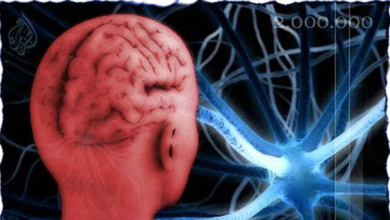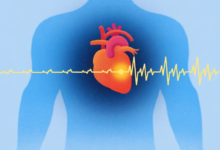Winter Depression: Symptoms and Coping Strategies


Winter’s characteristic atmosphere of darkness, overcast skies, and cold weather often causes many people to experience what is known as “winter depression.” But what are its symptoms, and how can it be addressed?
What Is Winter Depression?
Dr. Stephan Hafner, a German specialist in psychosomatic medicine and psychotherapy, explains that winter depression falls under a condition known as Seasonal Affective Disorder (SAD). Its symptoms include:
- Excessive sleepiness: A strong need for prolonged sleep.
- Cravings for carbohydrates and sweets.
- Lethargy and lack of motivation.
- Mood swings and increased irritability.
- Social withdrawal: Reduced interest in recreational and social activities.
Coping Strategies for Winter Depression
To alleviate the effects of winter depression and enhance mental well-being, Hafner suggests the following measures:
1. Exposure to Daylight
Spending time outdoors, especially during daylight hours, can significantly boost mood. Natural light positively impacts the body’s circadian rhythm. Additionally, sunlight exposure helps the body produce vitamin D, which is not only essential for healthy bones, muscles, and immune function but also influences neurotransmitters like dopamine and serotonin, which regulate mood and activity.
2. Engaging in Physical Exercise
Regular exercise helps reduce stress and promotes the release of happiness hormones, contributing to improved mental health and energy levels.
3. Maintaining a Healthy Sleep Schedule
Winter’s prolonged darkness leads to increased production of the sleep hormone melatonin, which can result in oversleeping. To avoid exacerbating depressive symptoms, it’s essential to establish a healthy sleep routine, limiting sleep to no more than 8 hours per night.
4. Fostering Social Connections
Social interaction and shared activities, such as meeting friends, visiting cafes, or going to the cinema, are vital for maintaining psychological well-being and combating feelings of isolation.
When to Seek Professional Help?
Hafner emphasizes that the symptoms of winter depression typically subside with the arrival of spring. However, if symptoms persist beyond the winter season, it is crucial to consult a psychiatrist, as they could indicate a more severe form of depression that requires professional treatment.








